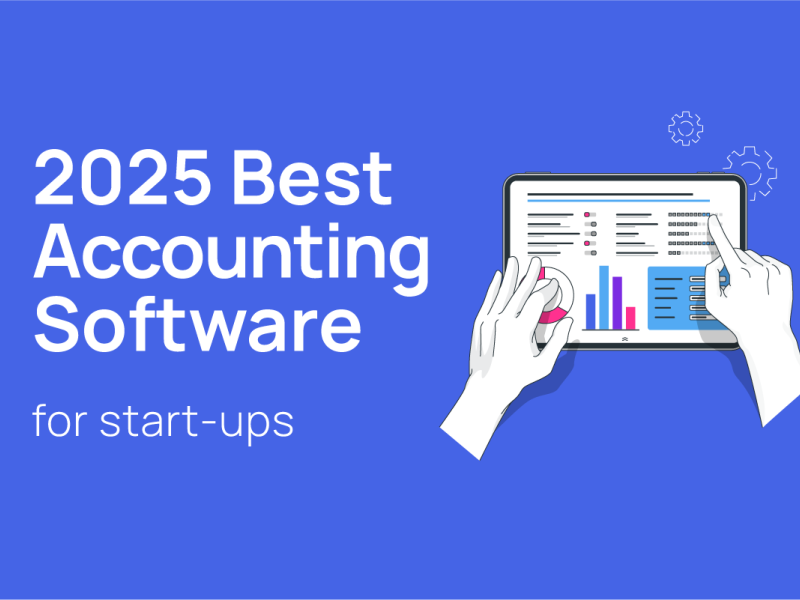Optimal Salary Dividend blend for 2024-25 tax year
-
Richard Jackson - 02/04/2024

Thanks to the 2024 Spring Budget finding the optimal blend of salary and dividends for company owners is a little more complicated than in previous years. In this article I’ll outline why we use salary and dividends, what has changed in recent years and the key considerations for 2024-25 tax year.
FOR UPDATED Version 2025-26 CLICK HERE
This article is written on the assumption that the proposals outlined in the Budget make it into law.
For a long time now small business owners have been using a blend of salary and dividends to maximise the tax benefits available to limited company owners. Over the past couple of years successive budgets have looked to reduce the benefit of paying ourselves in this way.
Why is it tax efficient to pay dividends?
Dividends do not attract National insurance contributions either Employers National Insurance or Employee National Insurance which makes them tax efficient. The caveat to this is that dividends can only be distributed from post-tax profits, profits on which corporation tax has been paid. Salaries however are a tax-deductible cost for a company reducing the amount of corporation tax due.
Why is it tax efficient to pay a small salary?
Salaries are a tax-deductible cost for a company and are personally taxable so they reduce the taxable profits a company has to pay corporation tax on. A small salary ranging between £9100 and £12570 which is equal to the annual personal allowance and therefore not subject to income tax for the director (Salaries above this threshold attract Employers NI at 13.8% so are not normally tax efficient).
What worked in 2023-24?
In previous years we’ve advised single owner/directors to pay a small salary of £9100 equal to the Secondary NI Threshold. (Salaries above this threshold attract Employers NI at 13.8% so are not normally tax efficient)
Where there is more than one director it is sometimes possible to claim Employers Allowance which credits the first £5,000 of Employers NI and in these instances, it often makes sense to pay both directors a salary equal to the annual personal allowance £12,570.
Read our 2023-24 article for more info. click here.
4 Costly Mistakes Business
Owners Make with Dividends
Imagine paying dividends for years, thinking you're doing everything right. But then, one day, you discover you've made a costly mistake that could ruin your business. A mistake that could have been avoided.
Don't let this happen to you. Learn the 4 common dividend errors that can destroy your business - and how to prevent them.

What about Corporation Tax?
In 2023 corporation tax was changed so that companies with profits of £250k or more paid 25%, companies with profits of £50k or less retained the 19% rate. Profits in between these two thresholds are taxed at an effective rate of 26.5%.
For many small businesses this further reduced the benefit of paying dividends especially if they themselves were higher rate taxpayers (NI is just 2% once income exceeds £50,270).
However dividends remained the most tax efficient method during the 23/24 tax year for most situations.
What’s changed for 2024-25 tax year?
The main announcement impacting our calculations was the reduction of the lower rate of national insurance from 12% to 8% from April 6th 2024.
In addition, all company profits will now be subject to the new corporation tax rates as these will have been in effect for their entire financial year when next finalising their accounts.
What does this all mean?
It means effective tax planning is a bit of a moving target for 2024-25 and for many will require fine adjustments when approaching yearend to maximise efficiency.
I'll try and keep this simple and give generalised advice for common scenarios but please ask your accountant to review your circumstances as there are many moving parts to these calculations for 24/25.
Company profits subject to 19% CT
If your business has profits regularly below £50k (subject to 19% CT), with one employee/director then you will continue with a max salary of £9100 and draw the remaining funds via dividend. This is by far the most tax efficient route for the 2024/25 tax year.
One exception to this would possibly be if your limited company was a side hustle and you had a salaried position which put you in the higher rate tax bracket. I think this unlikely as usually in this scenario profits are retained in the business or extracted via pension payments rather than salary or dividends.
4 Costly Mistakes Business
Owners Make with Dividends
Imagine paying dividends for years, thinking you're doing everything right. But then, one day, you discover you've made a costly mistake that could ruin your business. A mistake that could have been avoided.
Don't let this happen to you. Learn the 4 common dividend errors that can destroy your business - and how to prevent them.

Company profits subject to 25% CT
Depending on profit levels it could be tax efficient to increase your base salary to the point at which company profits are below £50k.
For example, if your company regularly has profits of £75k you could look to increase your base salary by £25k saving 26.5% CT. This will only be beneficial if you can claim employers’ allowance and avoid paying Employers NI on the additional salary.
In Summary
If profits are under £50k then no need to change anything, pay a small salary of £9,100 if a single director and £12,570 per director if you have more than one and can claim employer’s allowance. (common for husband and wife companies)
If profits are over £50k and you’ve not used up all your employers allowance (EA) then consider increasing director salaries to the point at which either your company profits fall to £50k or you’ve claimed your full £5k EA.
Please seek advice from your accountant as there are often additional factors to consider.
Download our Free Guide
4 Costly Mistakes Business Owners Make with Dividends
Imagine paying dividends for years, thinking you're doing everything right. But then, one day, you discover you've made a costly mistake that could ruin your business. A mistake that could have been avoided.
Don't let this happen to you. Learn the 4 common dividend errors that can destroy your business - and how to prevent them.



